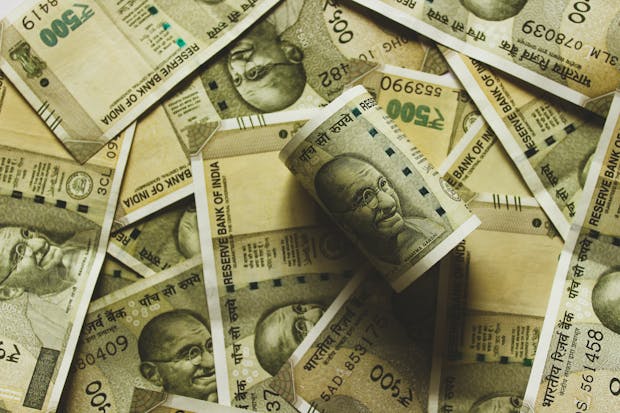don’t short it, understand it

don’t short it, understand it
let’s go back in history. only a few months, not more. a recent phenomenon took over news channels and social media: memestock. GameStop, a US-based company, which had been struggling to stay relevant, had become the internet’s favourite. it had all been championed on Reddit. with every post about GameStop, came a meme. and the power of the meme saved the company from bankruptcy and thus was coined the term memestock. but what prompted these Redditors to become activists? shorting.
those who have invested in equities or even watched films like The Big Short on Netflix have come across the term: short selling or shorting.
let’s get to the basics.
what’s the first principle of value investing? buy low; sell high? shorting works the other way, sell high, buy low. it reads the same but nuance is where it is different.
when you buy low, there is inherent trust in the business, the management or the sector. in market parlance, you’re going long on the business. essentially, this business has a long way to go. but what if you were pessimistic about a business? a smart trader can build a position which anticipates the price to fall. essentially, buy even when you don’t believe in the stock.
how does this work?
let’s assume there is company A. you’ve researched it. the company isn’t doing well. the sector looks weak and the management, despite trying as hard as they can, can’t turn it around. you then go to the market and borrow 10 shares of the company from a large broker. each share is valued at INR 100. the market seems to be a little hot around this company, so you sell all 10 shares at INR 101. but you know that this company isn’t in a good place. you know the price will drop. once it drops, to say INR 99, you buy it back and return it to the large broker. you’ve now made INR 20. basically, you have shorted the company and made money in the process.
but there are risks
the risk here is that the market may not go the way you want it. and that’s what happened with GameStop. when large hedge funds bought shares to short it, Redditors started to buy and raise the prices. imagine this, you sold the shares at INR 101. but instead of the price dropping, it rose to INR 110. and now you had to return this back to the large broker. you’re now being faced to pay over the odds for a company you never believed in. and you’ve made a loss.
can it happen to any stock?
in India, short selling is very tightly regulated and can only be done on the futures and options (F&O) market, which has around 160 entities out of over 7,400 listed firms in the country.
short selling is usually advised to people who have intense knowledge of the market and a lot of liquidity. but even then people fail. ask the hedge funds who lost out because of GameStop.



